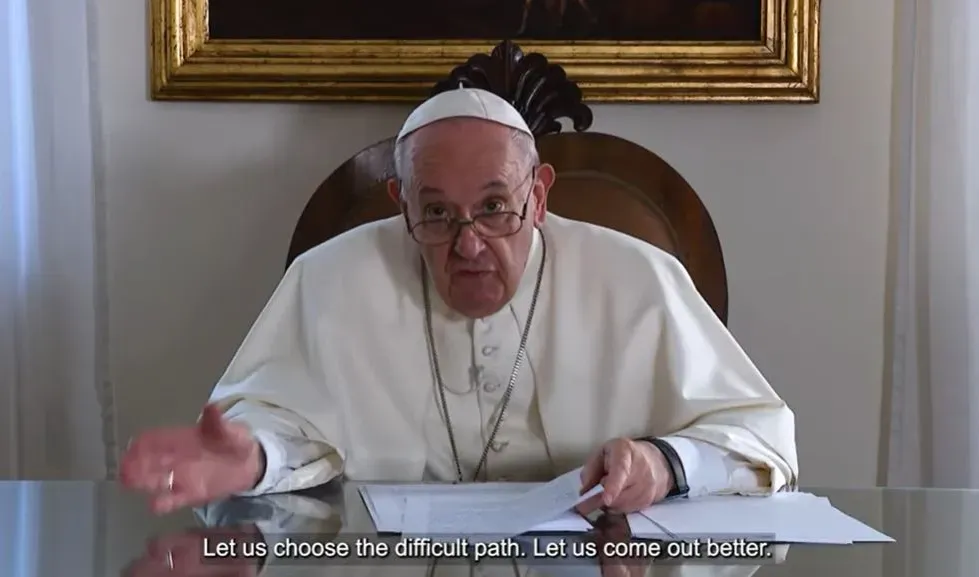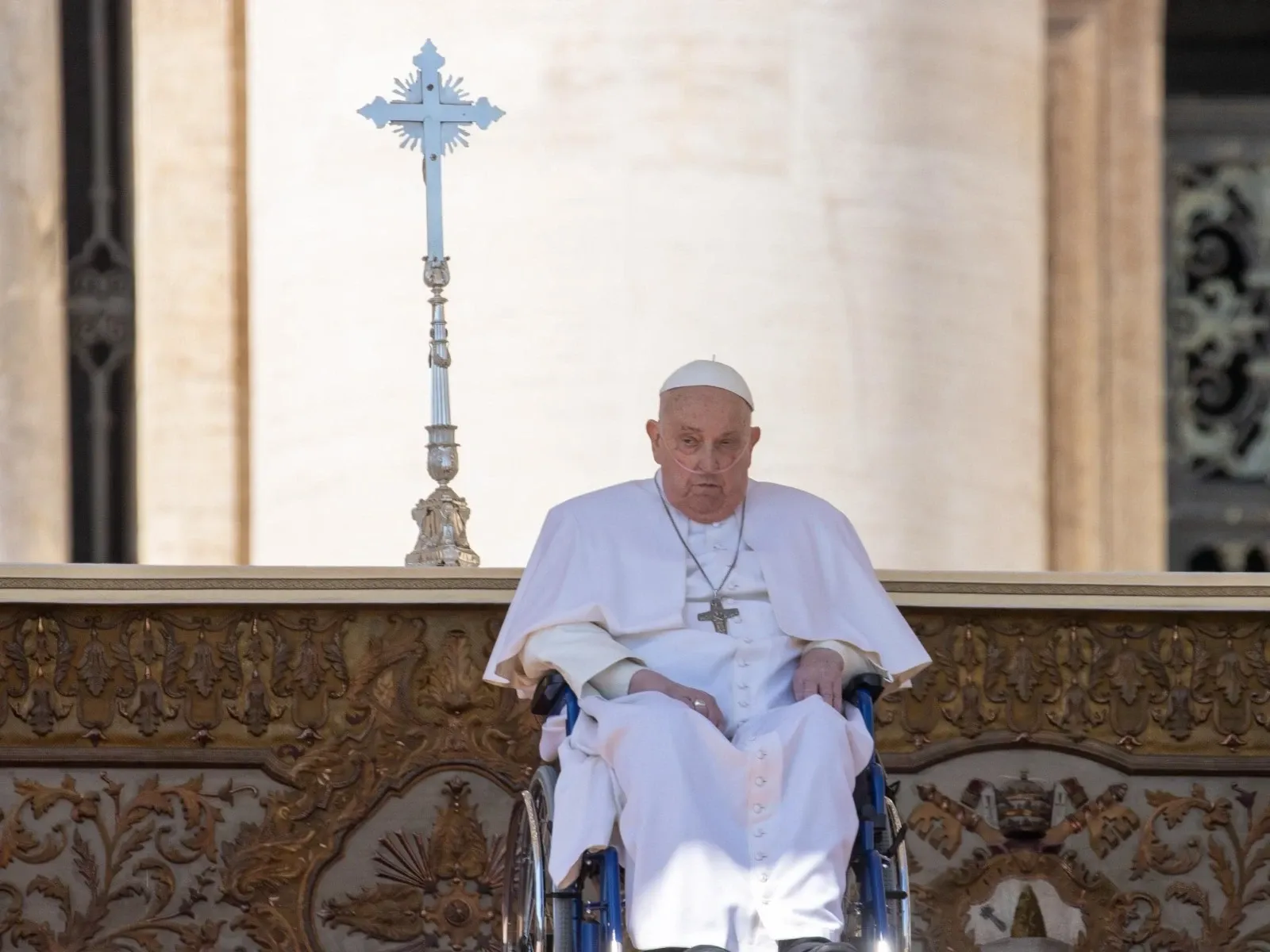“These are balanced and well-established principles in the Social Teaching of the Church. With these two principles I believe we can take the next step from dream to action. Because it is time for action,” he underlined.
He noted that he does not have all the answers to the question, “what must we do?” But he pointed to a universal basic income and a shortened workday as two possible solutions to the unfair distribution of resources and labor.
“I believe these measures are necessary, but of course not sufficient. They do not solve the root problem, nor do they guarantee access to land, housing and work in the quantity and quality that landless farmers, families without secure shelter and precarious workers deserve. Nor will they solve the enormous environmental challenges we face. But I wanted to mention them because they are possible measures and would point us in the right direction,” he stated.
He said in the service of popular movements he sees the Lord making himself present.
“Jesus told us that salvation consists in taking care of the hungry, the sick, prisoners, foreigners; in short, in recognizing Him and serving Him in all suffering humanity,” he continued. “That is why I wish to say to you: ‘Blessed are those who hunger and thirst for justice, for they shall be satisfied’ (Mt 5: 6), ‘Blessed are the peacemakers, for they shall be called children of God’ (Mt 5: 9).”
(Story continues below)
Among those who took part in the Oct. 16 video conference with Pope Francis was a group of refugees stuck in Libya, some of whom are survivors of torture and prison camps.
According to a video and information sent by one migrant to Avvenire, the newspaper of the Italian bishops’ conference, the refugees have staged a peaceful protest outside of the U.N. agencies’ headquarters in Tripoli, Libya, for over 16 days asking to be evacuated to a safe country.
In the video, the migrant says they will participate in the World Meeting of Popular Movements “because our struggle is the struggle of everyone… of justice and fraternity.”
Pope Francis said “in my experience, when people, men and women, have suffered injustice, inequality, abuse of power, deprivations, and xenophobia in their own flesh – in my experience, I can see that they understand much better what others are experiencing and are able to help them realistically to open up paths of hope.”
“How important it is that your voice be heard, represented in all the places where decisions are made. Offer your voice in a collaborative spirit; speak with moral certainty of what must be done,” he stated.
Hannah Brockhaus is Catholic News Agency's senior Rome correspondent. She grew up in Omaha, Nebraska, and has a degree in English from Truman State University in Missouri.








